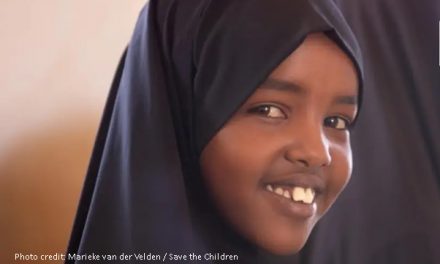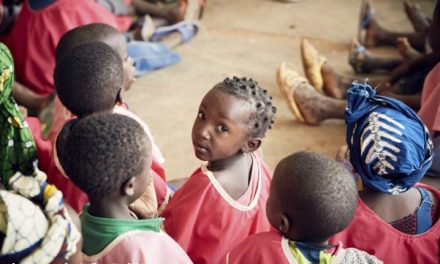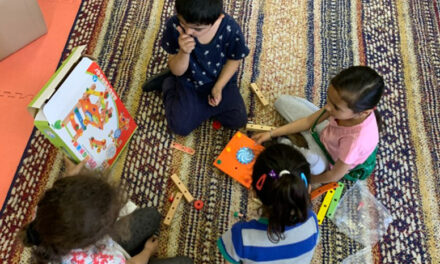This article summarises an interview with co-convenors of one of six 2021 UKFIET conference themes: Resilience, Protection and Wellbeing. The co-convenors are Khadijah Fancy, Senior Education Advisor with Cambridge Education; and Divya Nambiar, Senior Consultant at Oxford Policy Management.
Why resilience?
Building resilience into systems is at the core of the ‘Building Back Better’ theme of the UKFIET 2021 conference. This theme ‘Resilience, Protection and Wellbeing’ further draws attention to the multiple, hidden crises that COVID-19 has unleashed on marginalised children and their families – and how education’s core role in building children’s, teachers’, and carers’ wellbeing, protection, and resilience has come centre-stage as a result.
What can governments and education systems do to protect vulnerable children before, during and after crises and from abuse and exploitation? How can education systems not only enable children to learn, but also provide a haven for children to develop resilience and wellbeing? How can education systems support children to recover from crises, shocks, and traumas so that they can learn and thrive? Crucially, supporting children’s protection, wellbeing and resilience is an important pathway towards learning and an important part of a quality education.
Insights from the papers and symposia presented under this theme will help answer these crucial questions – which are central to understanding how education systems can be strengthened to make them more resilient and effective.
What is distinctive about this theme?
The closure of schools began a global learning crisis. This soon spiralled into a deeper crisis which dramatically altered the life trajectories of children and their families. When schools were closed, the poorest and most vulnerable children entered into various forms of child labour in larger numbers; more girls got pregnant or married; and more children experienced increased violence, trauma, and mental health issues. Rates of suicide amongst children and young people increased wherever these were tracked.
At the same time, there have also been inspiring instances of how communities and individuals demonstrated resilience and protected children in community-driven ways – through various local and innovative mechanisms to support children, teachers and caregivers to overcome this crisis.
There is little evidence yet of how deeply or even how many children and families have been affected, what the long term affects will be, and what coping strategies may have emerged. If we are to reverse the impact of multi-layered, often hidden crises brought on by the COVID-19 pandemic, we need to consider the role of education systems in supporting the resilience, wellbeing and protection of children, teachers and carers and how they can build on community-led solutions.
The premise our theme ‘Resilience, Protection and Well-being’ is therefore that the definition of a quality education must include attention to the wellbeing, protection and resilience of children through, for example, mental health and psychosocial support, social and emotional learning, building self-efficacy, reducing violence, and improving child protection, and that investment in these is critical for the resilience of systems and students alike.
What kind of sessions/ papers can we expect to find under this theme?
Every paper selected for this theme touches on the above ideas – presenting new evidence and insights for academics and practitioners, across countries. Papers fall under four key themes – early childhood education, girls’ education, education systems (including systems reform and system resilience) and conflict. Papers in these areas present solutions that have been found effective on a range of issues and in different country contexts; they also demonstrate the use of various adapted and innovative research tools to answer crucial questions. The theme hinges around three fascinating symposia from INEE, Save the Children and Plan International that deep dive into the issues and anchor each of the key themes.
We are excited about learning from the diverse range of experience that our panellists bring to this topic. We look forward to a day of rich, stimulating discussions that will help us understand the vulnerabilities within existing education systems and identify ways in which the system itself, as well as key people in it, can be strengthened and made more resilient in the future.





